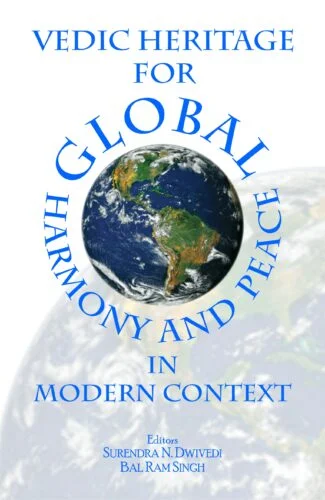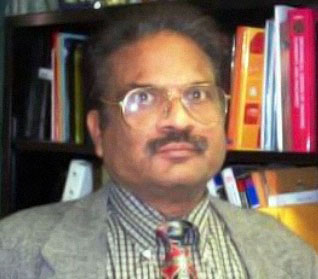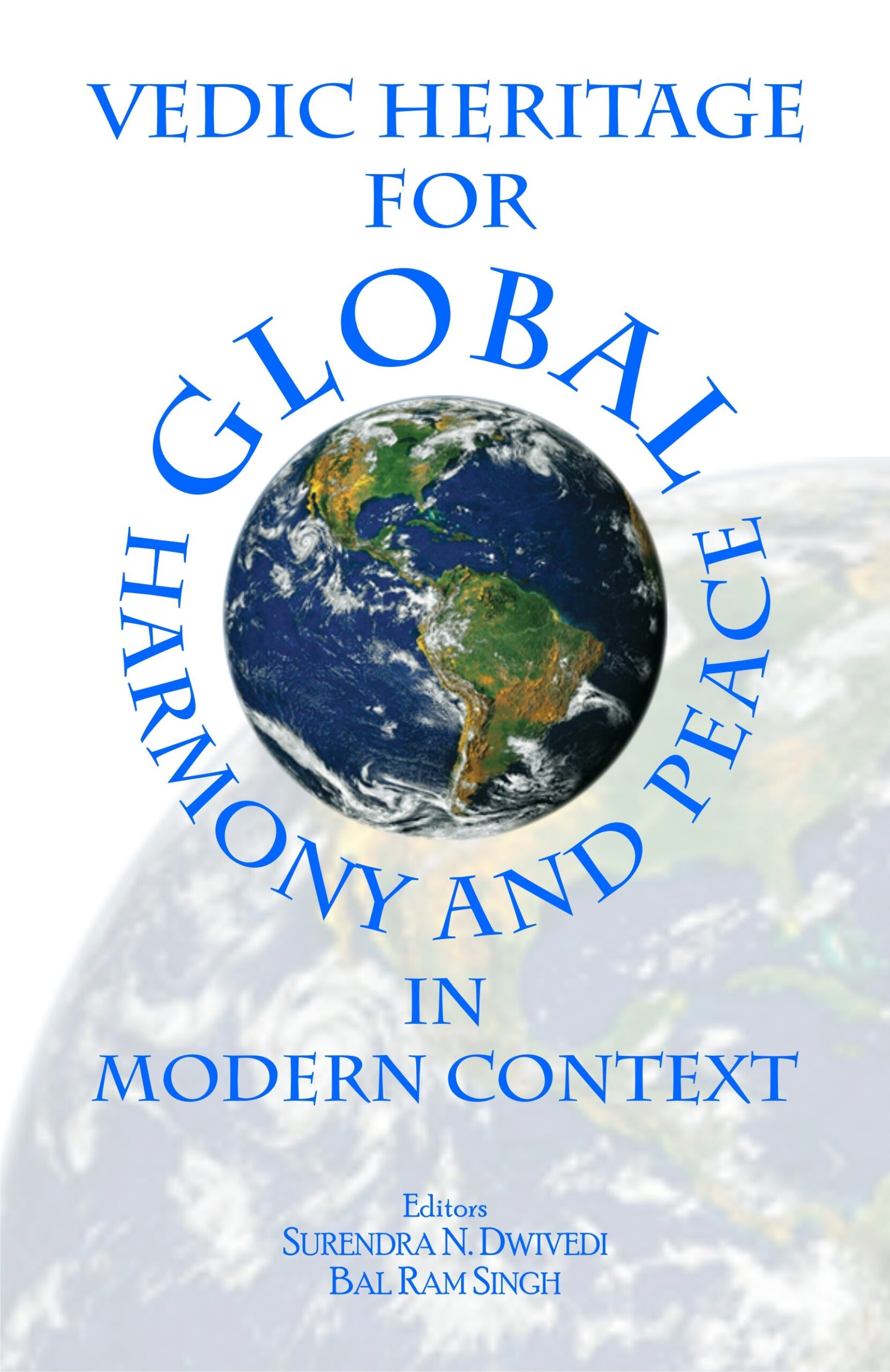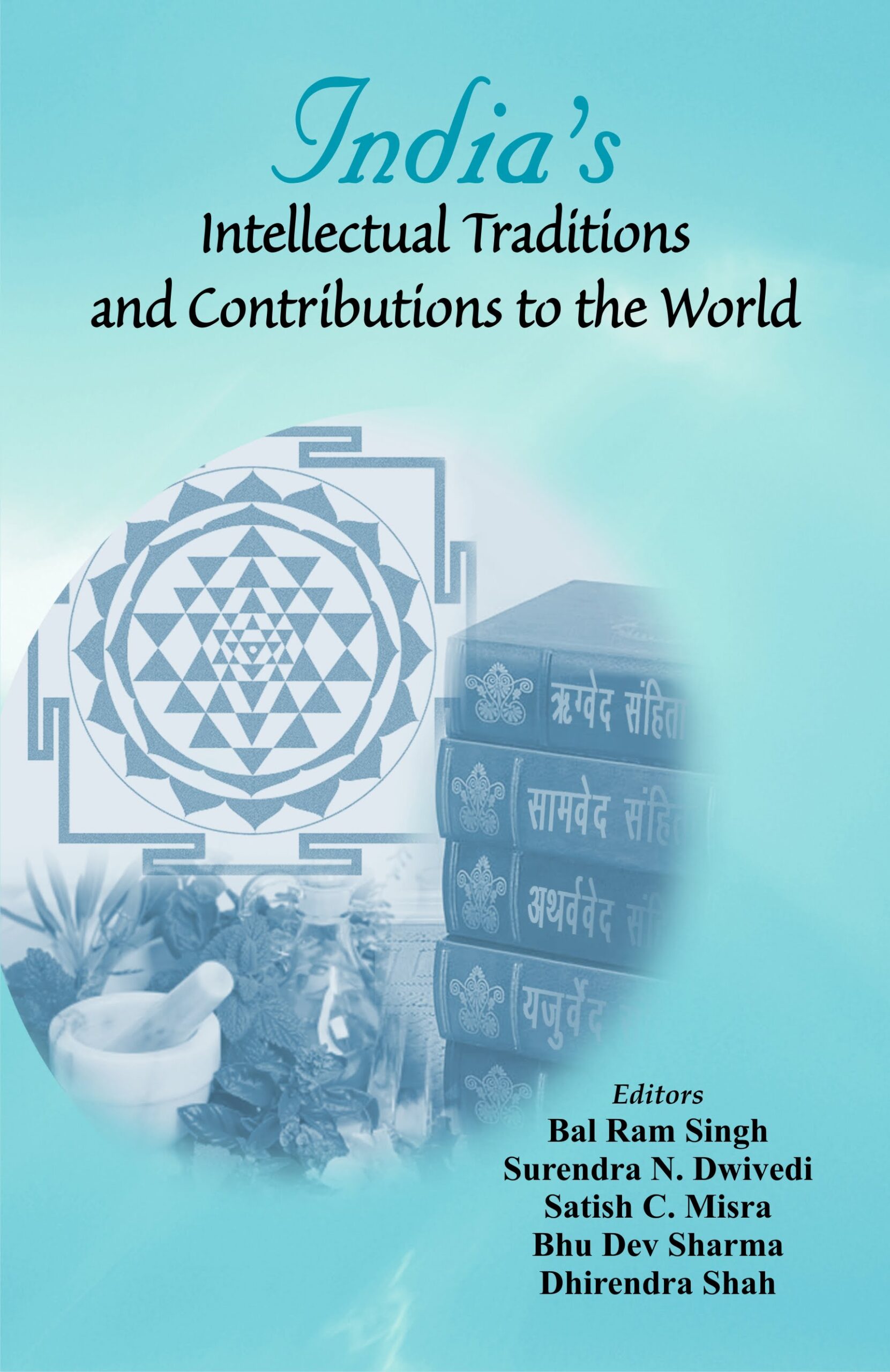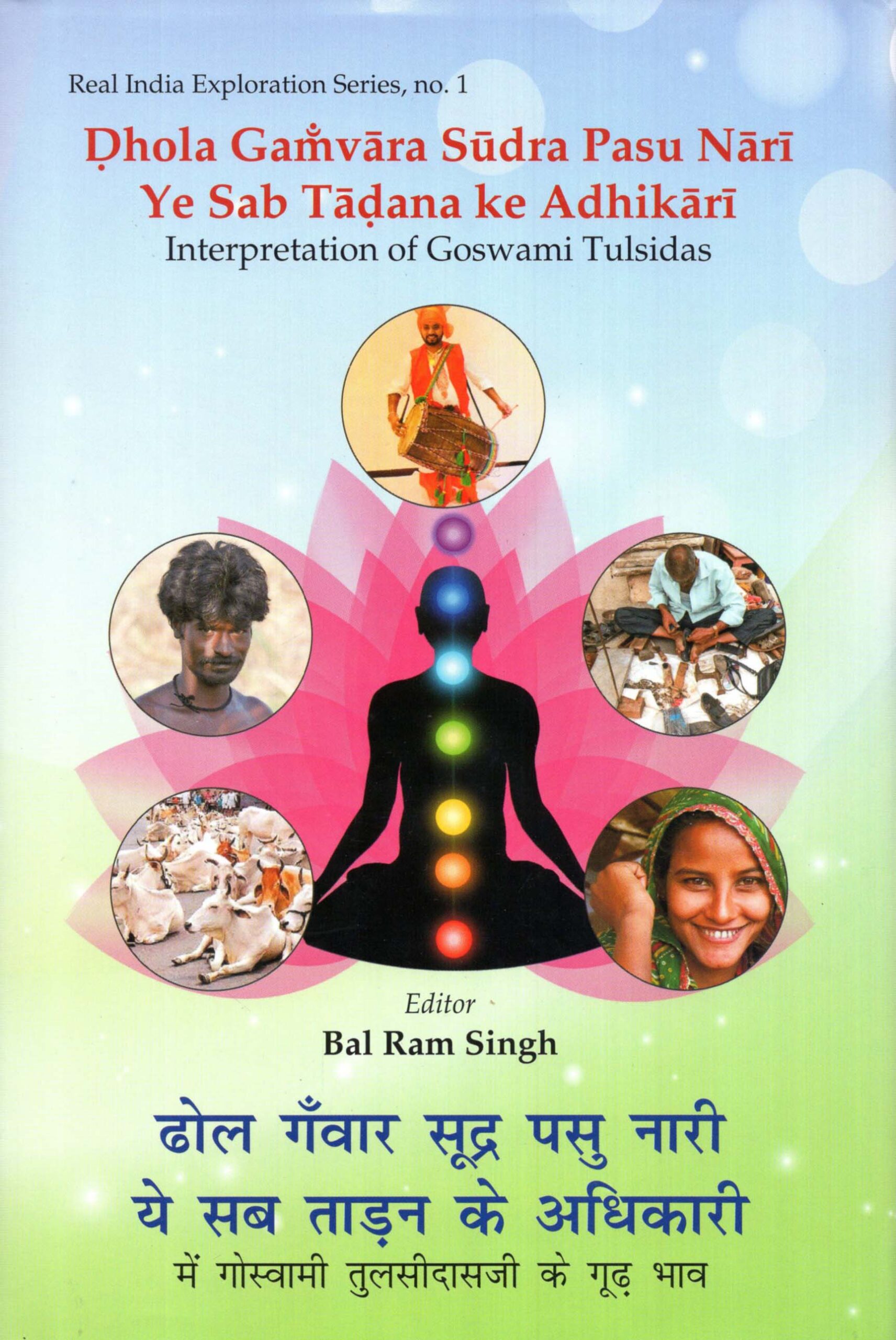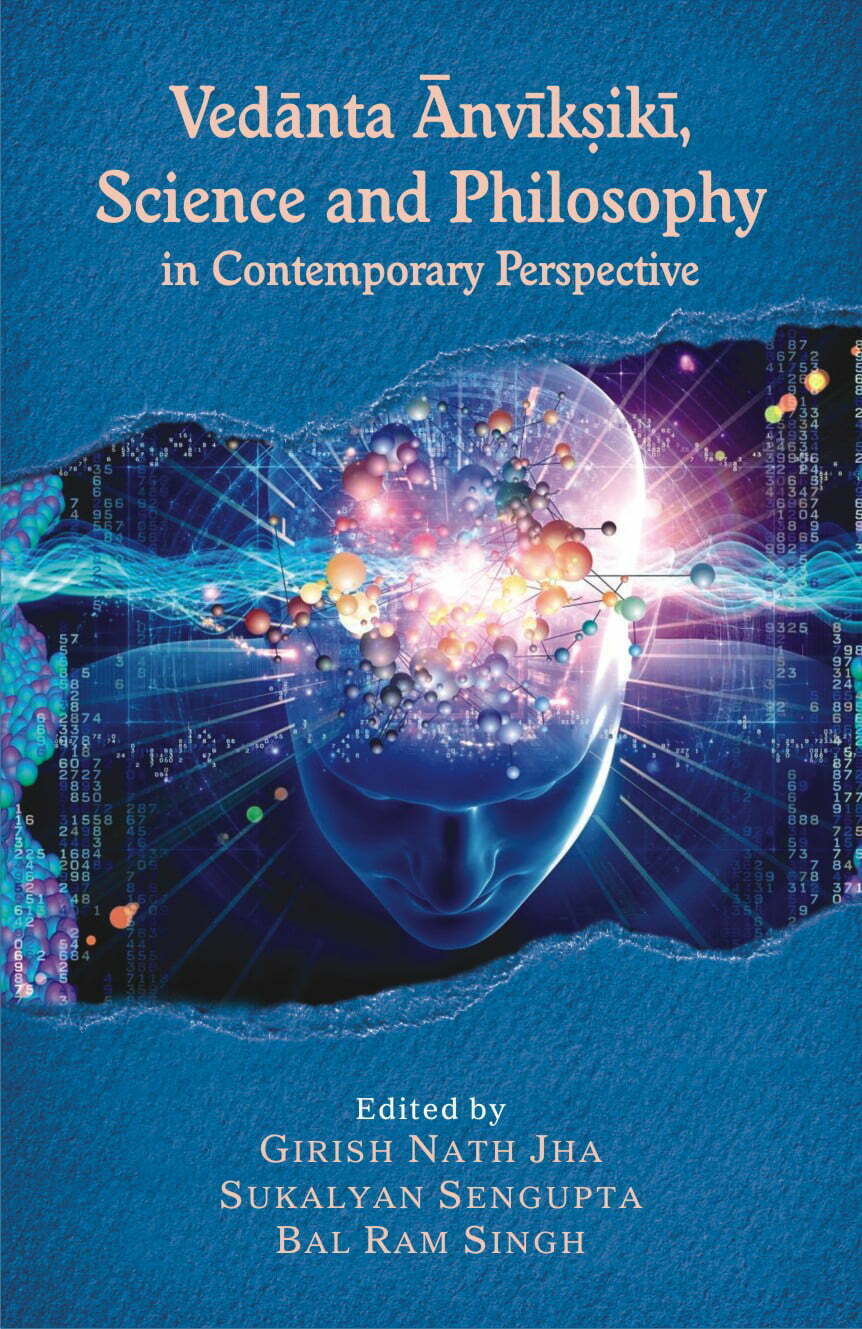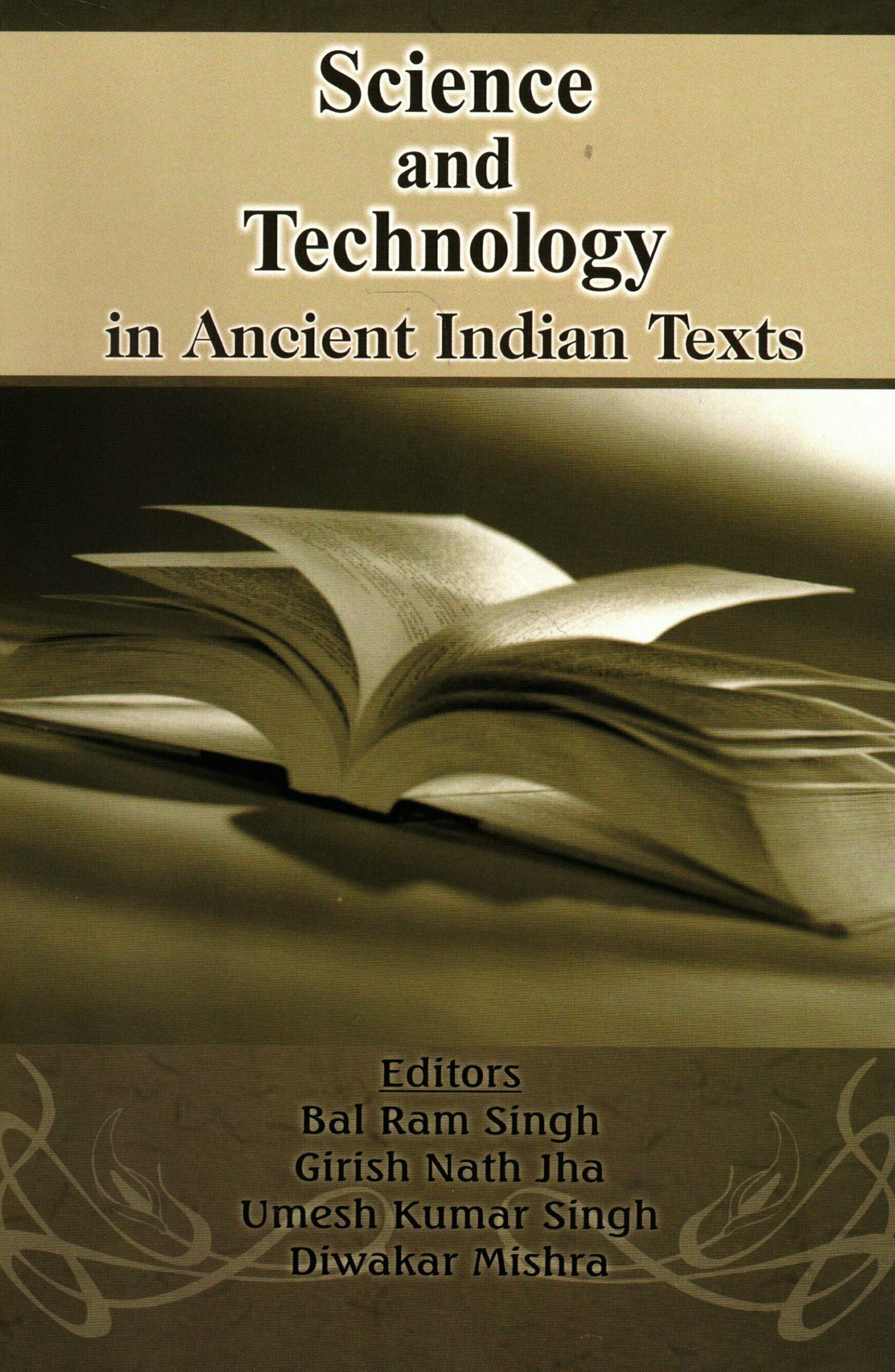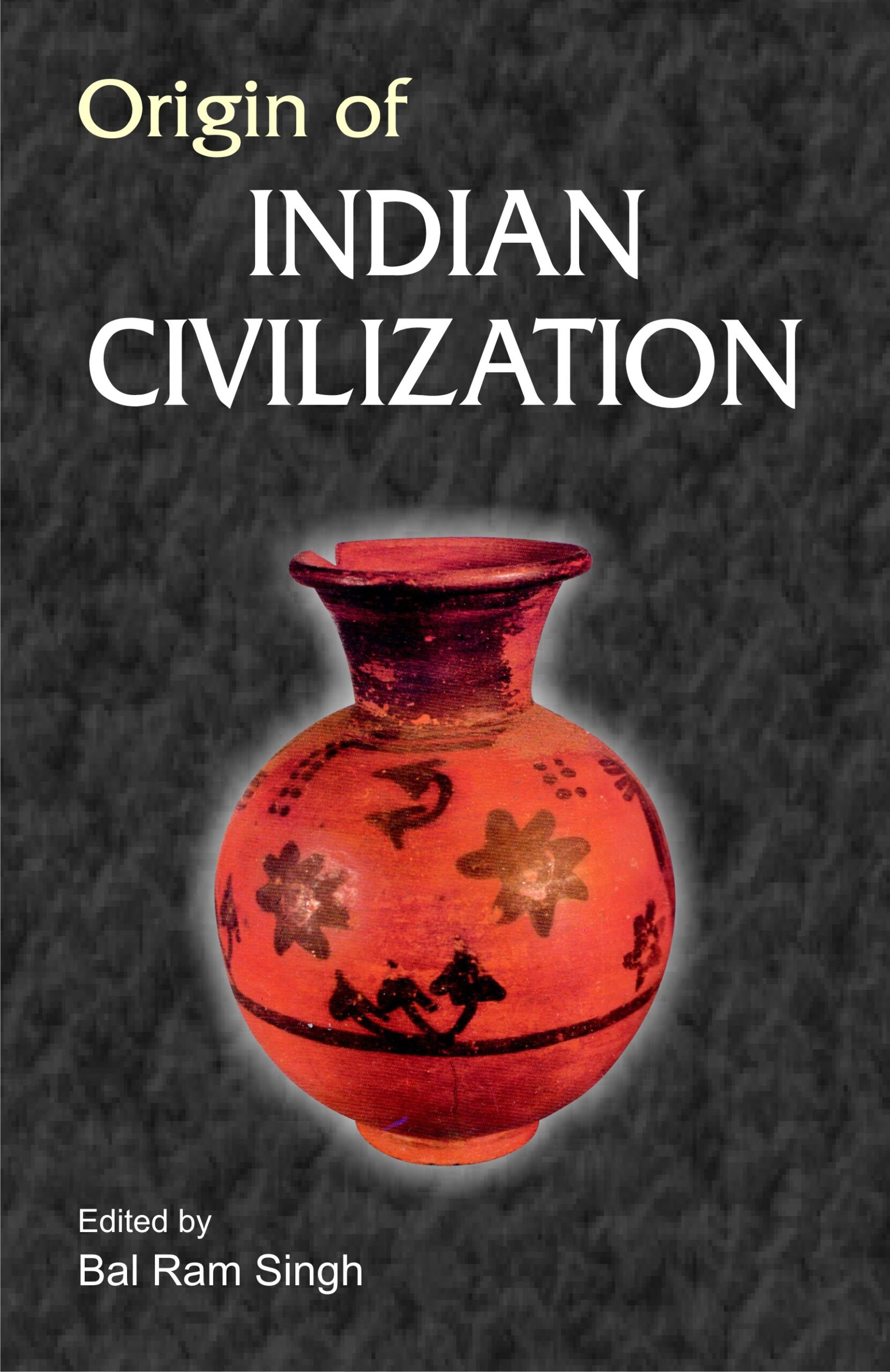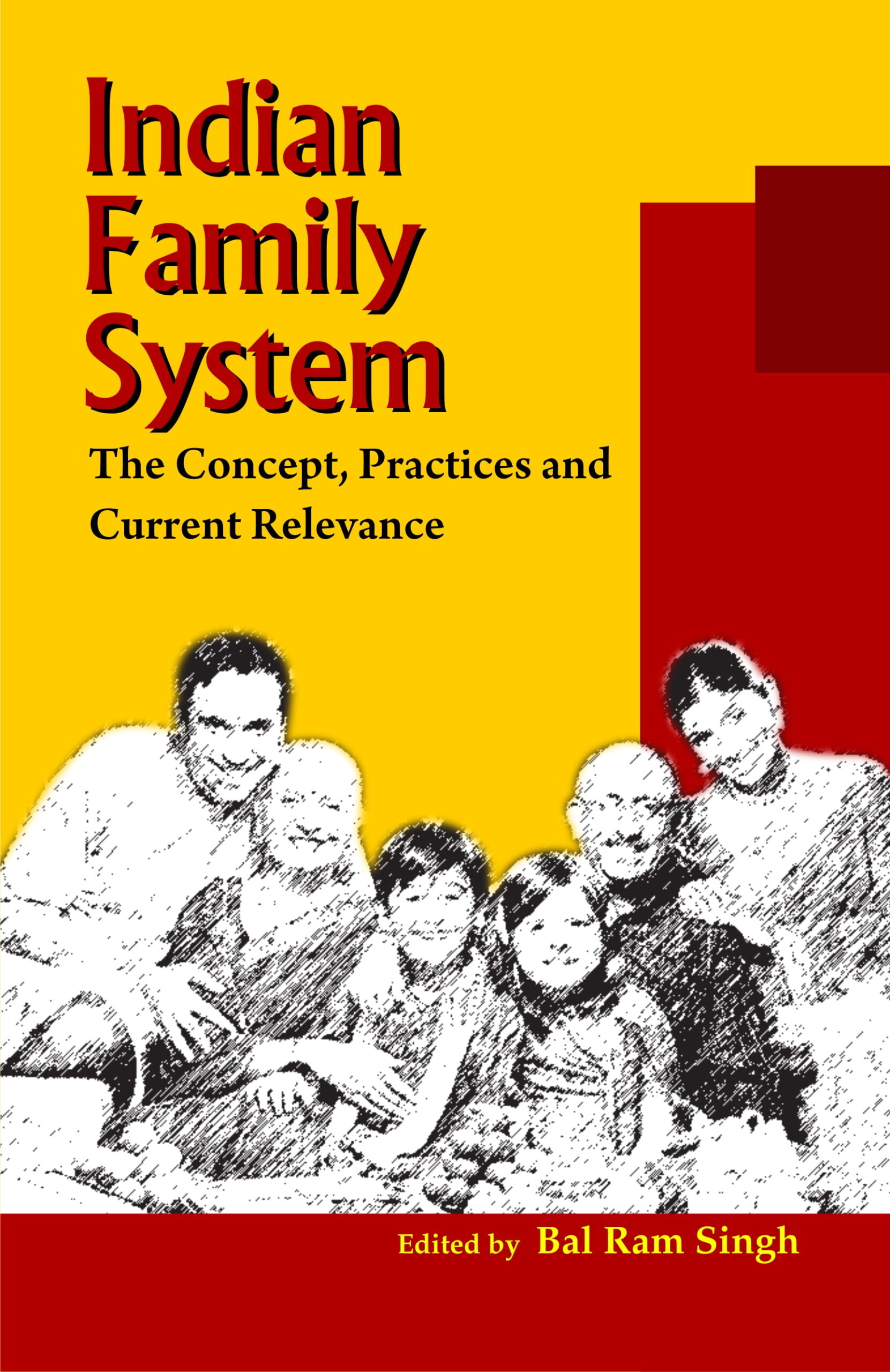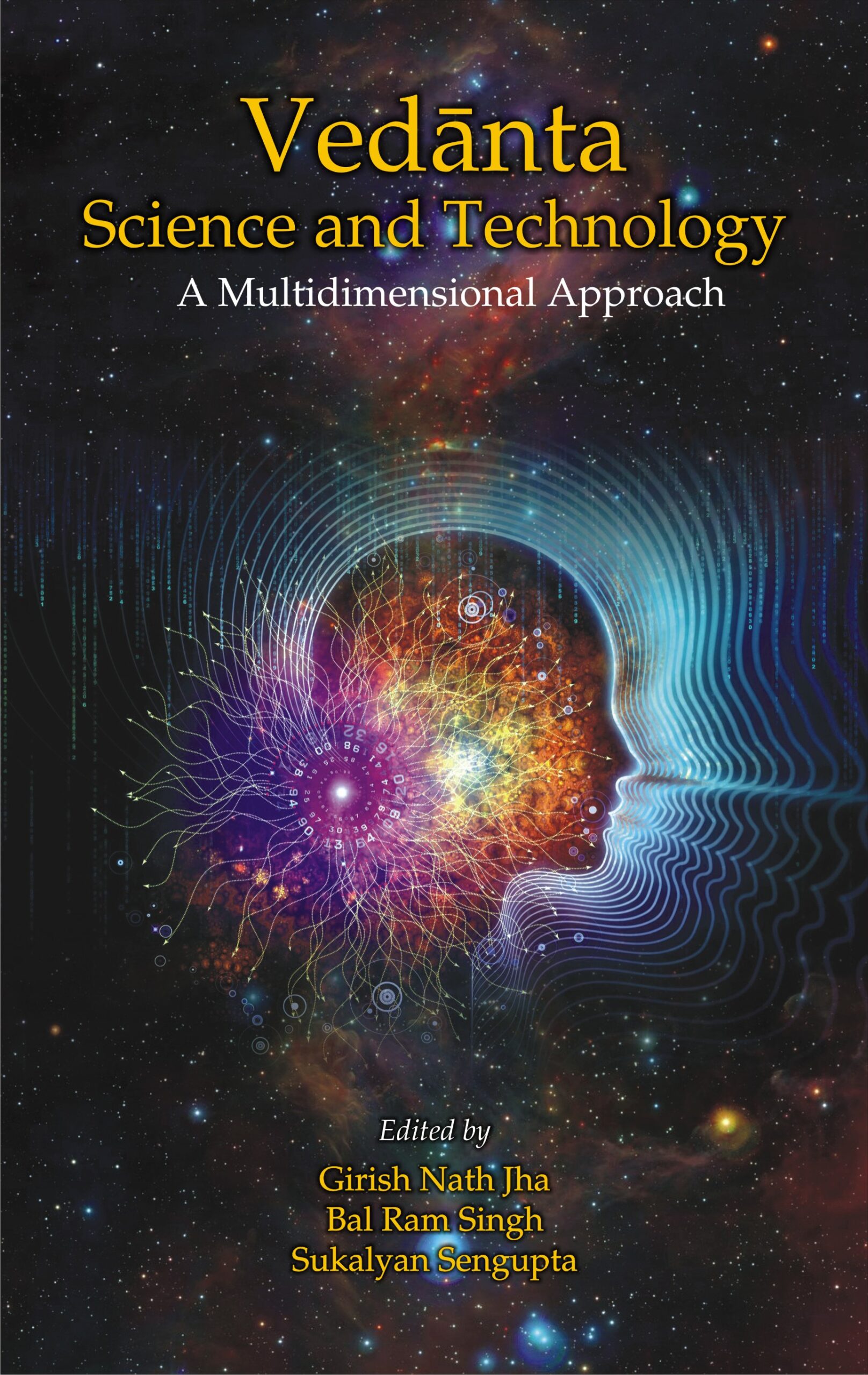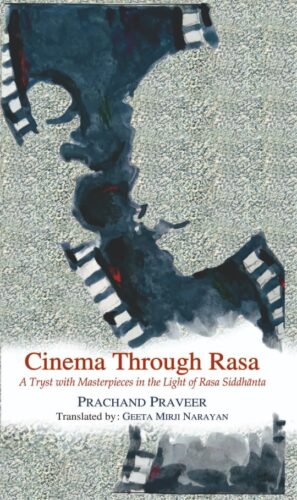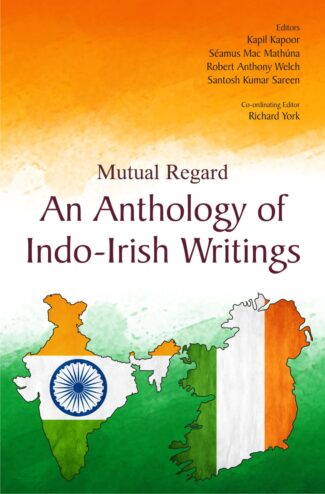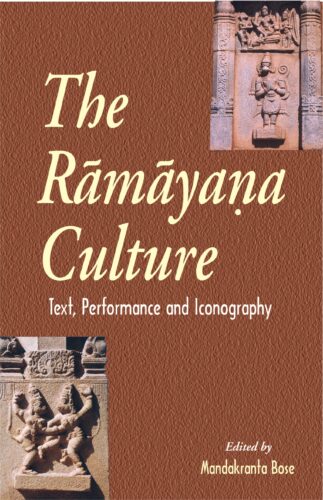

Vedic Heritage for G...
Vedic Heritage for Global Harmony and Peace in Modern Context
by: Surendra N. Dwivedi , Bal Ram SinghThis volume delves into the different aspects of Vedic tradition, having global harmony and peace as the focus. It suggests one how to co-exist in the Upaniùads, how to practise Hindu universalism and the impact of âyurveda and the Bhagavad-Gita on our mental health, and the syncretism in ancient education.
Original price was: ₹1,950.00.₹1,755.00Current price is: ₹1,755.00.
ISBN: 9788124606421
Year Of Publication: 2012
Edition: 1st
Pages : xvii, 921p.
Bibliographic Details : 3 Maps, 31 line drawing & b/w photographs; Index
Language : English
Binding : Hardcover
Publisher: D.K. Printworld Pvt. Ltd.
Size: 23
Weight: 1500
The collection of scholarly articles presented in the volume explores various aspects of Vedic traditions, especially relating to global harmony and peace, in the present-day context. The Proceedings of the Sixth World Association for Vedic Studies (WAVES) Conference emphasise Vedic traditions as not confined to the Indian subcontinent today but as having spread to different parts of the globe. They deal with the essence of Vedanta, the contribution of the epic literature, history relating to the Rigvedic Aryans, Vedic sciences, and socio-economic and political aspects of Vedic life. Offering fresh ideas, they highlight the significance of the Vedic system for ensuring global peace and harmony, and satisfaction in the present. They study the concept of harmony and peace, and emphasise on the co-existence in the Upanishads, the Hindu concept of universalism, the importance of the Ayurveda and the Bhagavad-Gita in maintaining mental health, and on the global unity and syncretism in the education provided in ancient India. Attempts are made to cull out management ideas from the Mahabharata, and throw light on the relevance of the Arthashastra in modern-day geo-politics and the special relevance of Sanatana Dharma in the modern world. In the process, the scholars reveal the fictional aspects that have been linked to the Indian traditions and the related social evils.
The volume will interest a range of scholars of Indology and general readers as it explores the ancient Indian tradition, especially the Vedic tradition, in a comprehensive manner.
Preface
Introduction
Global peace and harmony
1. Vedopanishadic Laws for Global & Auspicious Peace, Harmony and Satisfaction
Dhananjay B. Ghare
M.K. Sridhar
2. Vedic Ideas for Global Harmony and Peace in the Modern Context
Avadhesh Kumar
Sudhendu Shekhar
3. Natural and Man-made Calamities
Jagdish C. Maheshri
4. Vedic Literature : Its Relevance for Global Harmony and Peace
Vanitha Ramaswamy
5. Harmony and Peace : The Upanishadic Way
Sureshwar Sharma
6. Global Harmony and Samjnana-Sukta of Rigveda and Other Vedic Mantras
Jai Taneja
7. Vedic Ideas in Modern Context
Bhawaan tatavarthy
8. Vedas and Harmony
Yagya Prasad Tiwari
9. The Hindu Concept of Universalism
Neelam Trivedi
VedAnta
10. The Self as an Instrument of Peace : Wisdom from Various Indian Sources and from Modern Psychology
Hal W. French
11. Global Harmony and Peace A Rigvedic View
Asha Lata Pandey
12. Universal Harmony and Unity As Depicted in the Shrimad Bhagavad-Gita
Brahmanand Pathak
13. Vision of Unity and Global Peace in Vedic Wisdom
Khagendra Patra
14. Concept of Perception : Vedic Darshana and Modern Psychophysics
Rai Gyan Narain Prasad
15. Significance of the Verse Yadihyaham Na Varteyam in the Bhagavad-Gita
K.V. Venkateswara Rao
16. Elements of Philosophy in Vedas
Ganesh Dutt Sharma
17. Co-existence in the Upanishad
Sundari Siddhartha
18. Upanishads : Repository of the Vedic Wisdom
R.P. Singh
19. Crisis of Modern Era and the Philosophy of Total-Vision (Samyak-Jnana)
Neelima Sinha
20. Sri Sathya Sai Baba and Mandukya Upanishad
Klaus Witz
HEALTH and Ayurveda
21. Vedic Science of Healing with Light
Howard Beckman
22. Ayurveda and Gita for Mental Health
Vaidya Suresh Chaturvedi
23. Jivana The Key to Happiness
Diwakar Sukul
Sara Ives
24. Eastern Psychotherapy : Advancing the Treatment of Depression
Diwakar Sukul
Dialogue
25. Mental States in the Spiritual Path : Common Threads in the Mandukya Upanishad
and Bonaventures Itinerarium Mentis in Deum
Mark J. Richard (Vivek)
Education
26. Hindu Perspectives on Humanity
K.L. Seshagiri Rao
27. Global Unity in Ancient Indian Education
Shashi Tiwari
Epics
28. Mahabharata Mine of Management Ideas
Lollah G.K. Murthy
29. Aditya-Hridayam Þ A Universal Prayer to Sun God
Tenneti C. Rao
History
30. Rivedic Aryans: Invaders or Indigenous?
B.B. Lal
31. Syncretism and Acculturations in Ancient India : A Critique of Late and Large Aryan
Migration Models
Sujay Rao Mandavilli
32. A New Paradigm: Beyond the Aryan Invasion
Navaratna S. Rajaram
33. Indian Historical Paradoxes
Vrindavan Brannon Parker
Science
34. Future Vedic Sciences Research Directions
B.V. Venkatakrishna Sastry
Surendra N. Dwivedi
35. Are Distributed Energy Systems Optimal in India?
Narayanan Komerath
Padma Komerath
36. In Praise of Maruts Þ The Bad-i-Sad-o-Bist Winds in Afghanistan
P.V. Pathak
37. Scientific Basis of One Global Human Family
Sureshwar Sharma
Rajeshwari Rana
38. Sri Aurobindos Neo-Vedic Synthesis for Global Harmony and Peace: A New Science
of Self, Personality, and Psychology
Suneet Varma
dharma, yoga and vrata
39. Synthesis of Four Yogas in the Gita
Shyam Narayan Shukla
40. Sanàtana Dharma and its Special Relevance in the Modern World
Swami Jyotirmayananda
41. Sri Aurobindos Yoga on a Western Campus
Beloo Mehra
42. Ethics, Rituals and Religions in Daily Life
C.M. Bhandari
socio-economic and political
43. Rigvedic Brahmanas: Social Status
Oleg Perzashkevich
44. Rigvedic Varna: Ancient Social Concept
Oleg Perzashkevich
45. Manus Concept of Prayashcitta (Atonement)
Asha Rani Tripathi
46. Indic Traditions and Social Evils: Facts and Fictions of Gender Favouritism
Bal Ram Singh
Simanta Roy
47. Inconsistencies Between Vedic Ideas and Basic Economic Models and Principles
Anuradha Anand
48. Governance, Organization and Knowledge Management in Indian Heritage
S. Ram Mohan
49. South Asian Identities : Implications for Political Activity
Anuja Prashar
50. Legal and Political Status of Dharmashastras
Shashi S. Sharma
51. Vision of Chanakya : Relevance of Arthashastra in Modern-day Geopolitics
Kamlesh Kapur
Contributors
Index


